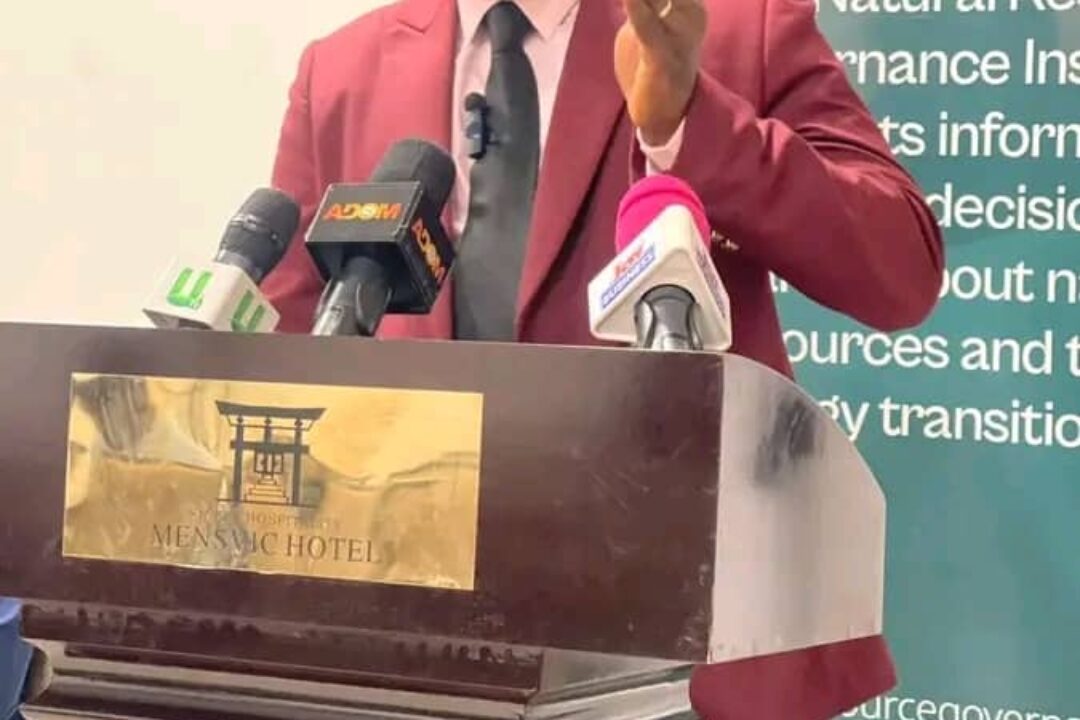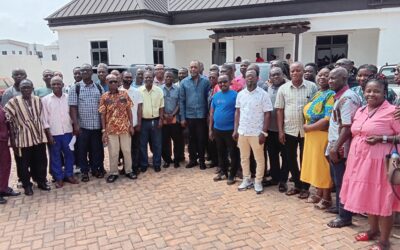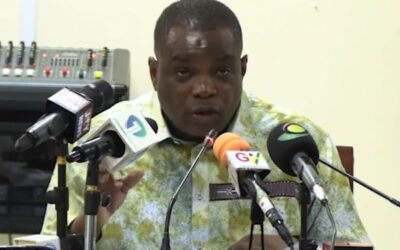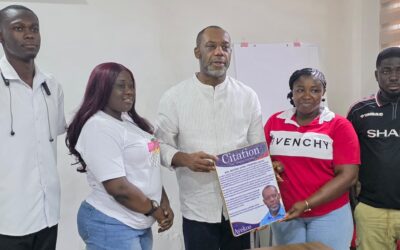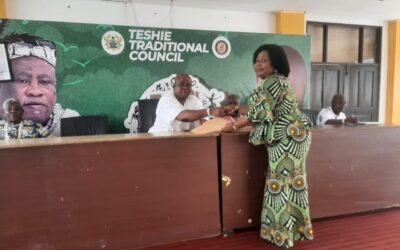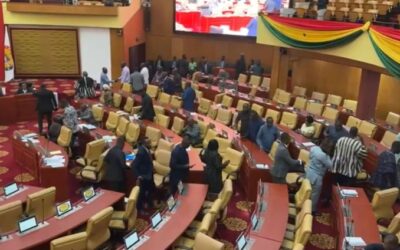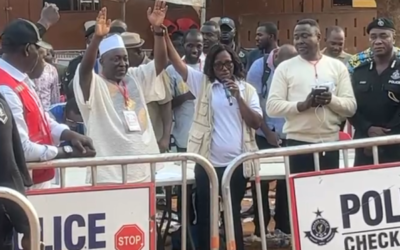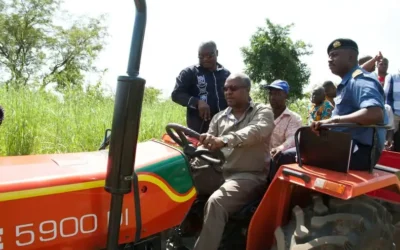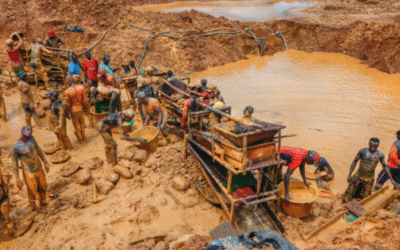BY: Kyei Kwadwo Yamoah, Executive Director of HELP Foundation Africa
In Ghana, illegal small-scale mining (“galamsey”) has become a major national security, environmental, and public health crisis. It has polluted major rivers (Pra, Ankobra, Offin, Birim), destroyed forests, undermined food security, and contributed to social conflicts.
Despite multiple interventions, galamsey persists, driven by powerful financiers and facilitated by weak enforcement also traditional regulatory measures have not yielded the desired impact



The author
A State of Emergency is an extraordinary constitutional tool that could be invoked to address galamsey, but it comes with both opportunities and risks.
Here is how State of Emergency (SoE) could be used:

- Legal Basis
Under Ghana’s 1992 Constitution (Article 31), the President can declare a State of Emergency when: - Ghana is at war or under threat of invasion,
- There is a breakdown of public order and safety,
- Natural disasters or other emergencies threaten the life of the nation.
If galamsey is recognized as an existential environmental and security threat; polluting rivers, destroying forests, undermining food security, and fueling armed conflicts. it could justify the declaration of State of Emergency (SoE) Against Galamsey.
- Potential Uses of a State of Emergency Against Galamsey
a) Enhanced Security Deployment
o Military and police forces could be legally empowered to establish restricted zones in heavily affected galamsey areas.
o Security could dismantle illegal mining operations, confiscate equipment, and secure rivers/forests without the usual bureaucratic/legal delays.
b) Fast-Tracking Environmental Protection Measures
o Emergency powers could allow the state to suspend or override licenses, leases, or permits being abused.
o Rapid reclamation programs could be implemented with less red tape.
c) Strict Control of Mining Equipment and Chemicals
o Ban or tightly regulate the importation of excavators, dredges, and mercury.
o Emergency powers could allow for immediate seizure and destruction of illegal machinery used for galamsey.
d) Protection of Water and Food Security
o Rivers like Pra, Ankobra, and Offin are national lifelines. By framing galamsey as a public health emergency, emergency orders could criminalize river pollution at the highest level.
e) Coordinated National Response
o A State of Emergency would allow the government to mobilize extraordinary budget allocations, direct coordination between agencies (Forestry, Minerals Commission, EPA, security services), and establish special task forces with sweeping powers.
o Deploy a real-time monitoring system (drones, satellite data, citizen hotlines).
- Advantages of State of Emergency Against Galamsey
Decisive Action: SoE provides extraordinary powers to override bureaucratic delays, mobilize resources, and coordinate agencies.
Sends a strong political signal that the government prioritizes the environment and national survival.
Cuts through the bureaucratic bottlenecks that galamsey actors exploit.
Mobilizes national and international support (donors, UN, ECOWAS) for anti-galamsey efforts.
Can deter powerful actors (including politicians and business elites) who profit from galamsey. -
Risks and Concerns of State of Emergency Against Galamsey
Human rights abuses: Security crackdowns could lead to violence, loss of livelihoods, or victimization of poor miners instead of targeting the “big men” behind galamsey.
Political misuse: Could be abused for political gain, silencing dissent, or targeting opponents.
Economic backlash: Tens of thousands depend on small-scale mining; without alternatives, unrest may grow.
Sustainability: Emergency powers are temporary without structural reforms, galamsey could resurge. -
Complementary Measures Needed
Declaring a State of Emergency alone is not enough. To be effective, it should be combined with:
Alternative livelihoods (agriculture, youth employment programs, eco-tourism, community skills programs, etc). Emergency funds for smallholder farmers affected by water pollution.
Legal reforms to tighten mining regulations and close loopholes.
Community-based monitoring with chiefs and local assemblies.
Public education to shift cultural acceptance of galamsey.
Accountability at the top: target financiers and political patrons, not just miners on the field.
Safeguards Against Abuse
· Time-bound and targeted : Limit SoE to a defined period (e.g., 6 months, renewable only with Parliamentary approval). Restrict scope to affected mining districts, not the entire country.
· Human Rights Protections : Establish independent oversight committees with civil society and traditional leaders. Provide grievance mechanisms for communities and small-scale miners.
· Accountability for Financiers: Focus enforcement on financiers, political patrons, and equipment suppliers, not only poor miners in the pits.
· Transparency: Monthly public reporting by the Task Force on actions taken, arrests, reclamation progress, and funds spent.
In summary: A State of Emergency in Ghana could be legally justified if galamsey is framed as a national survival crisis affecting water, food, and security. It could allow decisive security, environmental, and legal action. However, without safeguards, it risks abuse, human rights violations, and temporary fixes. The best path is to use it as a catalyst for deep reforms, not as a standalone solution.


